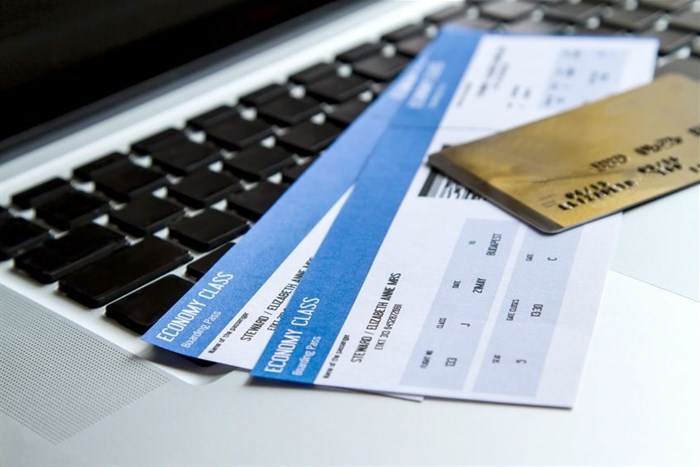
Top stories





Marketing & MediaWarner Bros. was “nice to have” but not at any price, says Netflix
Karabo Ledwaba 2 days

More news

Logistics & Transport
Maersk reroutes sailings around Africa amid Red Sea constraints


















Most travel policies restrict basic economy fares, according to the latest research conducted by the Global Business Travel Association (GBTA) in partnership with the Airline Reporting Corp. (ARC). Even though these fares are typically cheaper than regular economy fares, the study reveals a majority of travel programmes (63%) never allow basic economy and even more (79%) configure their booking tool to hide basic economy fares when travellers are not authorised to see them.
The reason is simple: these no-frills tickets come with many restrictions, such as no upgrades, no cancellations and no early boarding fares. This poses a challenge for travel programmes as it creates difficulties for spend visibility and comparison shopping when add-ons are factored in. Additionally, travel buyers are increasingly factoring in traveller preference and convenience, as they recognise the importance of their role in employee retention and recruitment.
FCM Travel Solutions South Africa general manager, Nicole Adonis explains that booking cheap airfares might be to the detriment of the corporate traveller. As the term "traveller friction" increasingly arises, there has been a renewed focus on preventing burnout during duty travel.
The focus on traveller frictions comes with the realisation that a 'cheap, no-frills airfare' could actually carry a hefty price tag. "The less travel friction experienced by a business traveller before, during and after the trip, the more productive the journey and the greater the return on investment from that trip," explains Adonis.
Lloyd Barkhuizen, head of sales for the Middle East and Africa, adds that important savings are rarely achieved by forcing employees to use discount airlines and cheap hotels.
He cites the example of a South African-based mining company with international operations was spending over R40m a year flying its executives and technology specialists to all four corners of the globe. After six months of working, the company saw its travel liability reduced by a fifth.
Barkhuizen adds: "The travel industry has historically been about transactions where the emphasis was on shaving a few rands off the cost of the flight, hotel or transfers. However, a Travel Management Company does not add value in this way. Instead, we look beyond the transaction, at the bigger picture. For instance, if our data reveals that a client is using 500 different hotels in 50 cities, we would advise reducing this number to say 100, and negotiate a discount with the remaining hotels. It’s about creating efficiencies."
This approach doesn’t mean that companies will allow their employees to splurge on unlimited business-class flight and first-class hotels either. "We use our data analytics to index, track and analyse prices to gain a clear picture as to what’s trending," explains Barkhuizen. "Using real-time analytics, we can track changes in pricing and build an optimum pricing strategy for our clients."
In the world of big data, booking the 'cheapest fare' is rarely the answer when it comes to cost savings. Instead, companies should focus on actively gleaning key insights from business information to differentiate themselves.